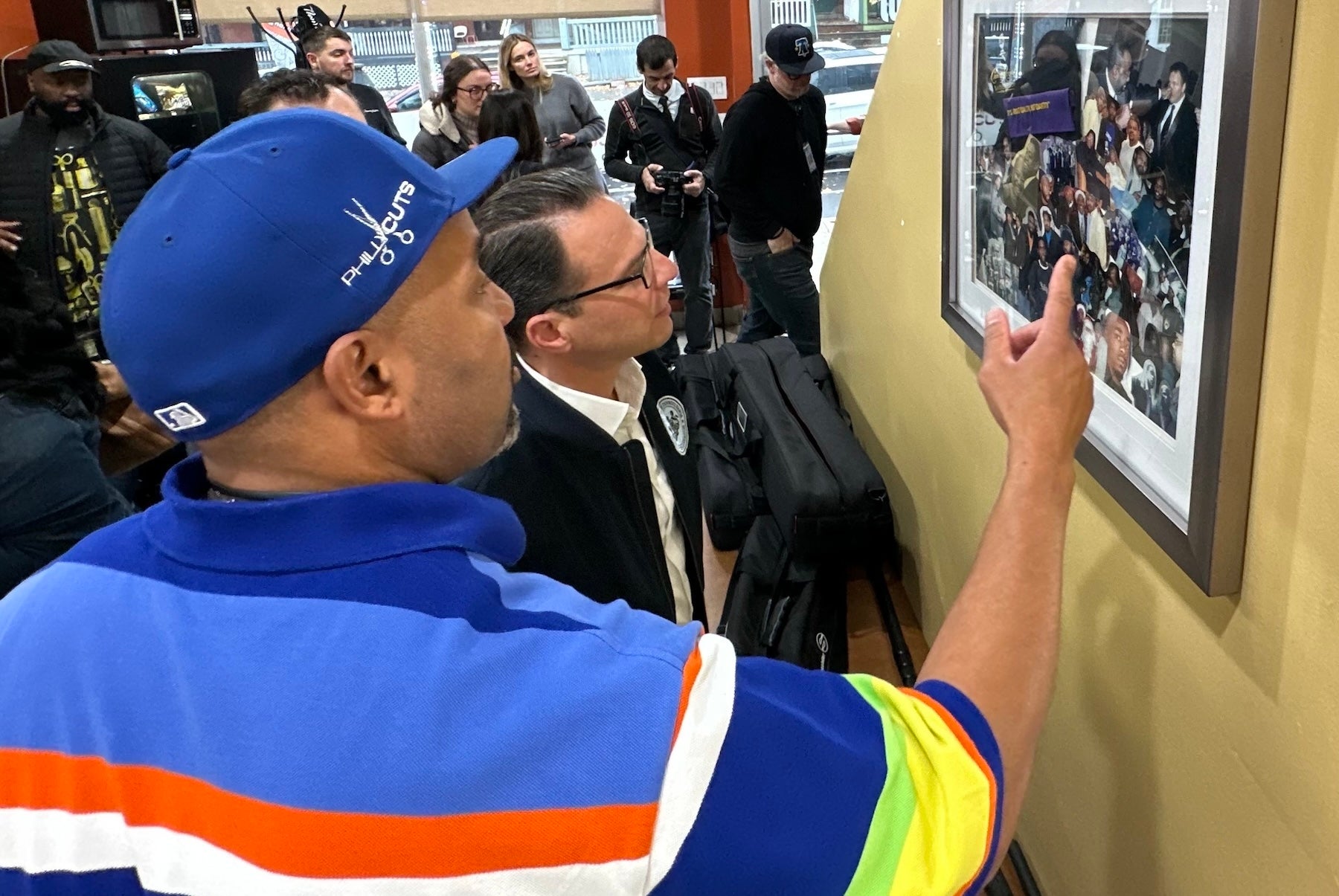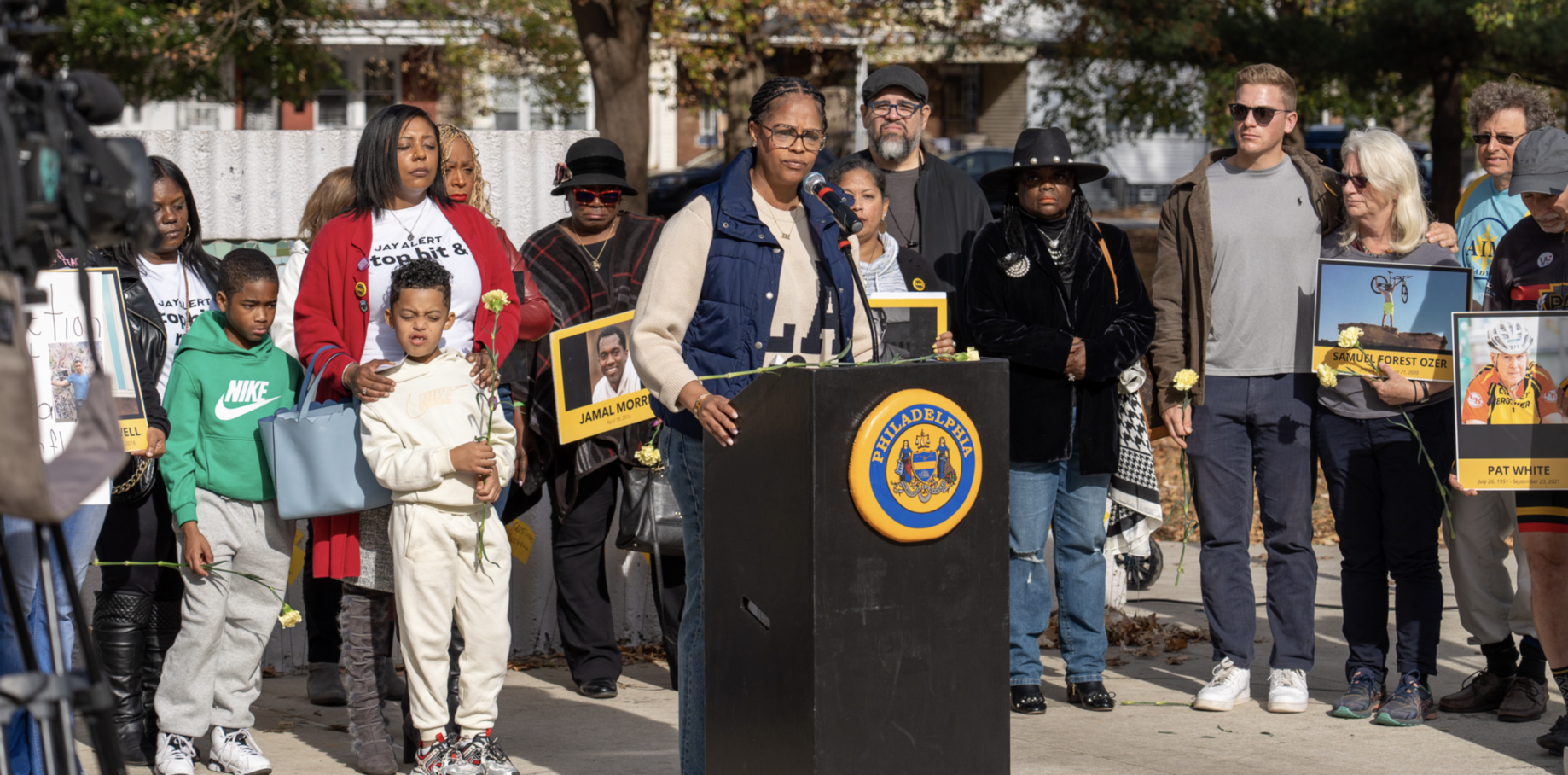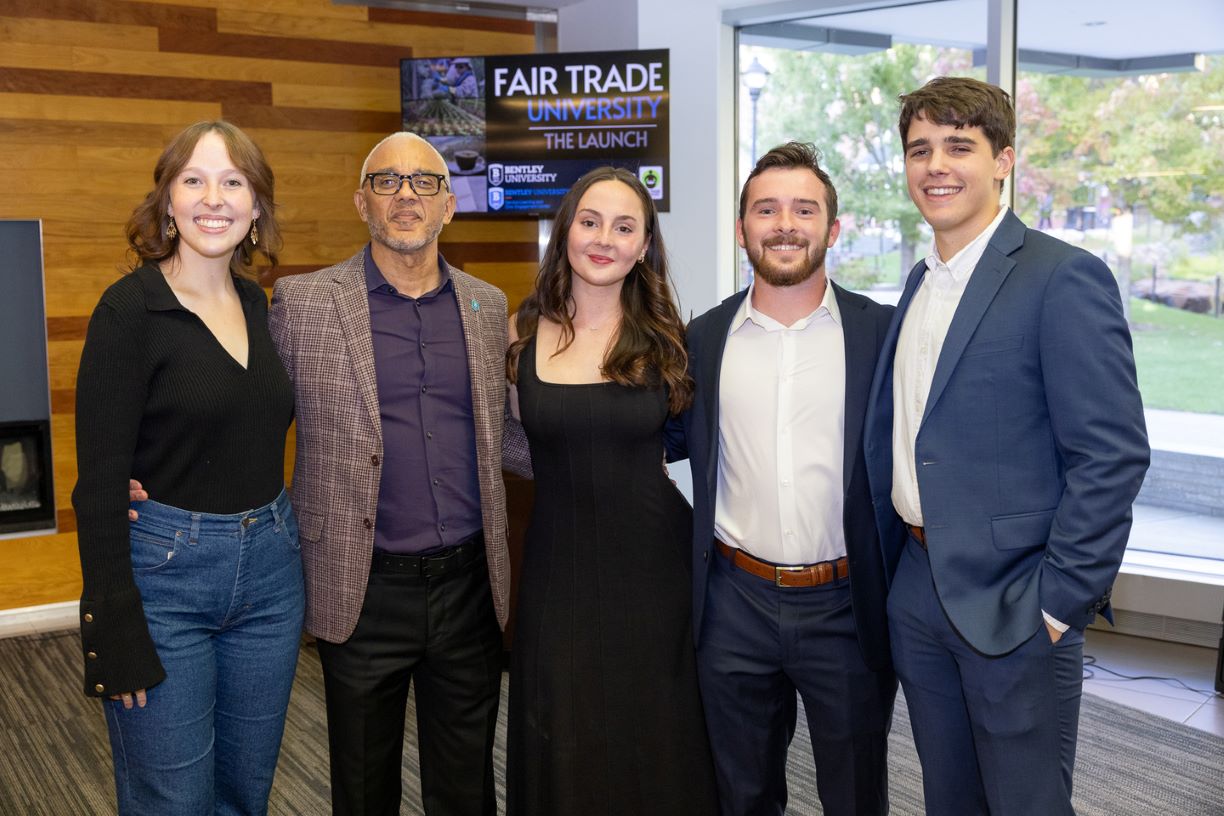Sports
Winning big or hardly betting: legal sports betting marks one year in Florida

Legal Betting Turns 1
It’s been a year since r the Seminole Tribe slowly started to roll out mobile sports betting in the state, making the practice of placing wagers on teams more accessible via a smartphone app starting November 2023.
The rollout wasn’t without challenges, as lawsuits over the Tribe’s agreement with the state held up the start of sports betting for 2 years.
The Seminole Tribe and the ‘West Flagler Parties’ ended their long standing legal battle, in exchange for a partnership to offer and promote Jai Alai on the Hard Rock Bet app, the only app authorized for legal sports betting in Florida.
The end of that lawsuit means there’s nothing standing in the way of mobile sports betting continuing in Florida, according to Keith Buckley, business and sports management professor at Rollins College and the school’s head soccer coach.
“This relationship is set until 2050 so for the next 25 years, at least, it’s pretty much going to be run by the Seminole Tribe,” he said. “And quite frankly, the expectation from taxes and revenues will be quite high. I would expect, as the revenues get higher, for there to be more lawsuits with people wanting to get a part of the action, for no better term.”
Before the start of mobile sports betting in Florida, Buckley told Central Florida Public Media that an expected $2 billion in bets would pass through the Sunshine state each month.
Now, he said, although there’s still a significant illegal betting market, people in the state are exceeding expectations for legal bets.
“The expected revenues, I think, is going to be about $13 billion in profits, and the expectation of the betting revenues over the next 10 years in Florida alone is very significant,” he said.
It’s difficult to quantify how many people are legally betting in Florida, as the Seminole Tribe has yet to release data that shows how many of its app users are actually placing bets — and how much.
“What we do know is that it’s a very vibrant industry that we know anecdotally, that people are using it,” he said. “And as we go through the college football and the NFL football season right now is extremely popular,”
Concerns and Protections
According to the National Council on Problem Gambling, an estimated 2.5 million adults in the U.S. meet the criteria for a severe gambling problem, and 5 to 8 million would be considered to have mild or moderate gambling problems.
Although anyone is at risk of developing a gambling addiction, Buckley said the majority tend to be males under the age of 54.
He said mobile sports betting can be a hidden slippery slope.
“We don’t know it’s happening. Even in households, you wouldn’t know that someone is betting until the bills come in,” said Buckley. “So it’s definitely something to be worried and very concerned about because the advertisements will tell you that you put a $5 bet on the University of Florida to win a football game. That sounds fun and everybody’s excited, but when it goes to $500, $5000, or even more for one game, one event, or even now, one one touchdown, the consequences can be quite harsh.”
He said there has not been any consumer protections put in place targeting sports betting yet. But the Florida Gaming Control Commission (FGCC) announced last month that it was seeking a vendor for Compulsive/Addictive Gambling Prevention.
In a statement, Vice Chair of the FGCC, Julie I. Brown said, “While many Floridians and visitors enjoy legal gaming and sports betting, offering robust resources and valuable services to those who may find themselves impulsively participating in these activities is highly important.”
“Just like alcohol, nicotine and every other thing. There’s a real addiction here with gambling, and the potential can be quite devastating,” said Buckley.
Foreshadowing the Future
Based on the momentum sports betting has seen in Florida, Buckley said it’s here to stay in the sunshine state.
“It’s going to get more entrenched in basically our way of life. As college students who are using it and then become older, (it will become) much more part of our society,” he said.
Buckley expects revenues from sports betting to increase by at least 10% in the next five years.
“Gambling is really much part of the sports economy. It’s not going away,” he said. “I think you’re even going to see like the Orlando Magic really use sport betting as part of their entertainment package, because people like to gamble.”










